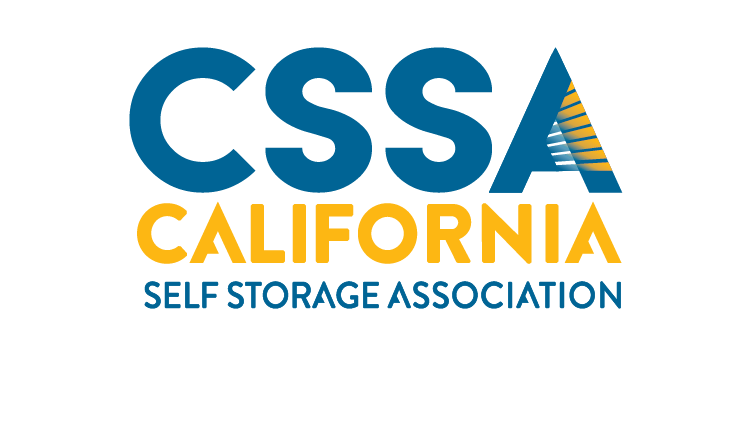AB 1757 (Kalra D) Accessibility: internet websites.
Current Text: Amended: 6/12/2024
Last Amend: 6/12/2024
Status: 8/15/2024 failed Deadline pursuant to Rule 61(b)(14). (Last location was APPR. SUSPENSE FILE on 6/24/2024)
Location: 8/15/2024-S. DEAD
Summary: The Unruh Civil Rights Act (Unruh Act) requires persons within the jurisdiction of the state to be free and equal and, regardless of the person’s sex, race, color, religion, ancestry, national origin, disability, medical condition, genetic information, marital status, sexual orientation, citizenship, primary language, or immigration status to be entitled to the full and equal accommodations, advantages, facilities, privileges, or services in all business establishments, as prescribed, and makes a violation of the federal Americans with Disabilities Act of 1990 (ADA) a violation of the act. Current law imposes liability upon a person who denies, aids, or incites a denial of, or makes any discrimination or distinction contrary to, rights afforded by law for actual damages suffered, exemplary damages, a civil penalty, and attorney’s fees, as specified, to any person who was denied the specified rights. Current law also imposes liability upon a person, firm, or corporation that denies or interferes with admittance to, or enjoyment of, public facilities or otherwise interferes with the rights of an individual with a disability, as specified, for damages and attorney’s fees to a person who was denied those rights. This bill would provide that statutory damages on the basis of a specific accessibility barrier on an internet website under these provisions shall only be recovered against an entity, as defined, if the internet website is not accessible, as defined. The bill would require, for a plaintiff to be entitled to statutory damages on the basis of a specific accessibility barrier that constitutes a violation of the Unruh Act by violating the ADA, the plaintiff to prove either that the plaintiff personally encountered a specific barrier that caused the plaintiff to experience a difference in the plaintiff’s access to, or use of, the internet website as compared to other users because the internet website was not accessible or that the plaintiff was deterred from accessing or using all or part of the internet website or the content of the internet website because the internet website was not accessible.
